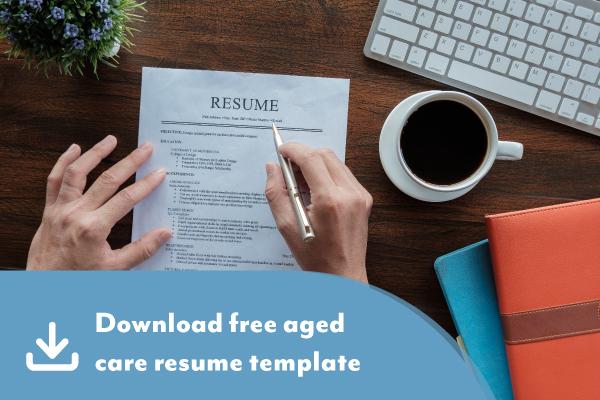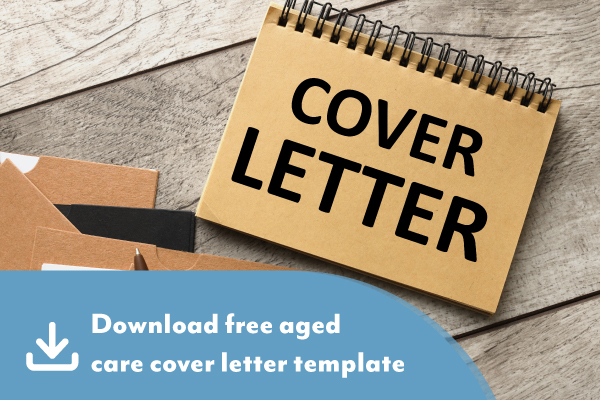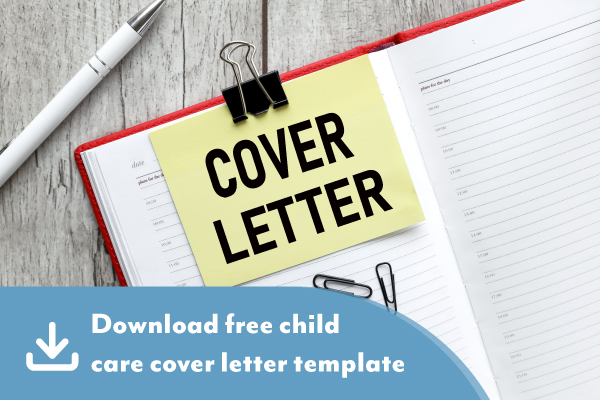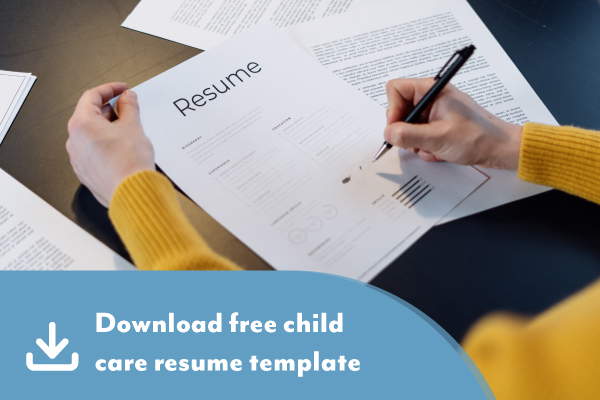
Scoring a new job it seems is now more competitive than ever – with prospective employers having the luxury of choosing from more applicants, with greater skills and who are presenting themselves in increasingly clever ways.
In light of this, the humble resume is still one of the most important tools you have to get your foot in the door of your dream employer.
There’s a lot of information out there about what to include in your resume, but not so many resources about what to leave out! This, we’d argue, is just as important to consider – we’ve seen a lot of resumes that could have been so much more… with just a little less.
So without further ado, here are seven bits to leave out:
1.That embarrassing email address
If you want to be taken seriously, you need to get a serious email address. You know what we’re talking about – unfortunately lovelyprincess81@gmail.com won’t cut it when it comes to wooing prospective employers.
2.Your age and home address
Even though it’s illegal to discriminate against age, listing your birth date on your resume may still make you vulnerable to assumptions on the part of a prospective employer. Whilst your career history and education may give away your ballpark age, there’s no reason to list it explicitly. The same goes for your address – employers have no use for it (unless they’re hiring you) and employers may make assumptions about your willingness to travel if you’re not positioned close to their location.
3.Jobs you held longer than 10 years ago
Unless the job is super relevant to the one you’re applying for now, leave it out – listing jobs you held more than a decade ago will likely be irrelevant and will seem dated.
4.Fluff
By fluff, we mean stuff that’s not going to get you any closer to an interview. This generally includes hobbies and interests – again, unless these are super relevant to the job you’re applying for, you’re better off leaving these out and saving such details for an interview.
5.Dorky resume design
First impressions really are everything. When a prospective employer has looked at 20 resumes and yours is designed poorly in a Microsoft Word document, how excited will they be to read it? There are plenty of resources around to help you create a striking resume – such as Canva.
6.Paragraphed job descriptions
Use bullet points–but don’t go overboard. Prospective employers are much more likely to disregard a resume with long content paragraphs versus readable dot points.
7.Your photo
Debatable. Ultimately though, we think it’s best your resume is judged on the merit of your skills and experience not your appearance. It’s human nature to make assumptions about people based on their appearance, so save your great smile for the interview stage when the rest of your personality can shine through too.
The Selmar team can guide you through resumes, job applications and interviews. Getting you job-ready is our goal!



